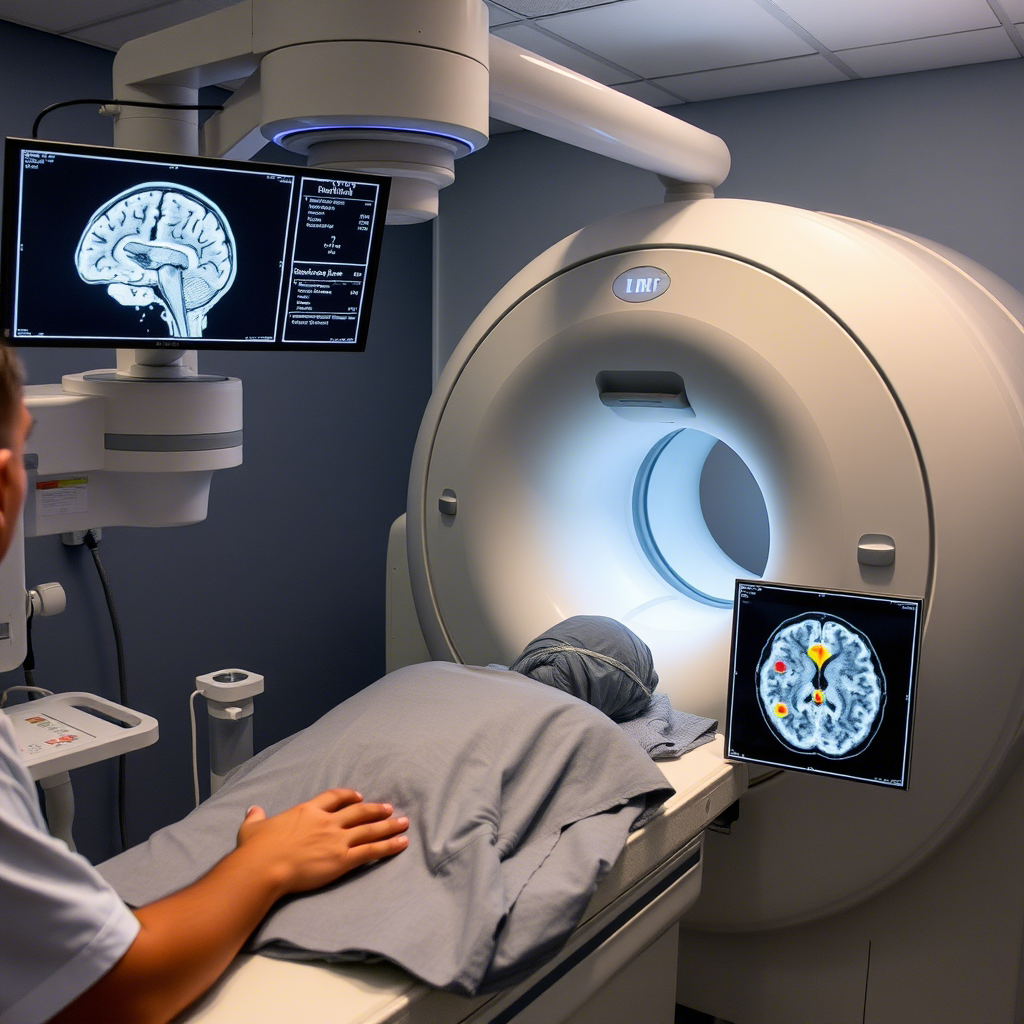When doctors suspect something is wrong with the brain, they often recommend a brain scan. These advanced imaging tests can reveal a wide range of abnormalities, from tumors and strokes to infections and structural defects. If you’re in Honolulu and need answers about brain health, an Abnormality Brain Scan Honolulu can provide crucial insights. This article explains how brain scans work, what they can detect, and why they are essential for diagnosis and treatment.
How Brain Scans Detect Abnormalities
Brain scans use different technologies to create detailed images of the brain’s structure and function. The most common types include MRI (Magnetic Resonance Imaging), CT (Computed Tomography), and PET (Positron Emission Tomography) scans. Each type has strengths in identifying specific issues, making them valuable tools in medical diagnostics.
MRI Scans for Detailed Brain Imaging
An MRI uses strong magnetic fields and radio waves to produce high-resolution images of the brain. It is especially useful for detecting tumors, multiple sclerosis, aneurysms, and brain injuries. Unlike CT scans, MRIs do not use radiation, making them safer for repeated use. In Honolulu, medical centers use advanced MRI machines to pinpoint even the smallest abnormalities that other scans might miss.
CT Scans for Quick Diagnosis
CT scans use X-rays to create cross-sectional images of the brain. They are faster than MRIs, making them ideal for emergencies such as stroke, bleeding, or skull fractures. If a patient in Honolulu shows sudden neurological symptoms, a CT scan can quickly determine if there’s a life-threatening issue requiring immediate treatment.
PET Scans for Brain Activity Analysis
PET scans measure brain function by tracking glucose metabolism. They help diagnose Alzheimer’s disease, epilepsy, and brain tumors by showing areas of abnormal activity. While not as commonly used as MRI or CT, PET scans provide unique information that can guide treatment decisions.
Common Brain Abnormalities Detected by Scans
Brain scans can uncover a variety of conditions, some of which may not show obvious symptoms early on. Here are some of the most frequently detected abnormalities in Honolulu medical facilities.
Brain Tumors and Growths
One of the most critical findings in an Abnormality Brain Scan Honolulu is a brain tumor. Scans reveal the tumor’s size, location, and whether it’s cancerous. Early detection through imaging can significantly improve treatment success rates, whether through surgery, radiation, or chemotherapy.
Stroke and Blood Flow Issues
Strokes occur when blood flow to the brain is blocked or when a blood vessel bursts. CT and MRI scans can identify ischemic strokes (clots) and hemorrhagic strokes (bleeding). Quick diagnosis is crucial because treatments like clot-busting drugs or surgery must be administered within a limited time frame.
Traumatic Brain Injuries (TBI)
After a head injury, a brain scan can detect bruising, swelling, or bleeding inside the skull. Athletes, accident victims, and elderly individuals at risk of falls often undergo scans to assess damage and prevent complications like brain swelling or permanent cognitive decline.
Degenerative Diseases (Alzheimer’s, Parkinson’s)
Brain scans help diagnose degenerative conditions by showing shrinkage in certain brain areas or abnormal protein deposits. While there’s no cure for diseases like Alzheimer’s, early detection allows for better management of symptoms and planning for future care.
Infections and Inflammation
Conditions like meningitis, encephalitis, or abscesses can be life-threatening if not treated promptly. Scans reveal inflammation, fluid buildup, or infected areas, helping doctors prescribe the right antibiotics or surgical interventions.
Why Choose Honolulu for Brain Scans?
Honolulu has state-of-the-art medical facilities with the latest imaging technology. Whether you need a routine check or an emergency scan, the city’s hospitals and clinics offer fast, accurate, and comprehensive brain imaging services.
Advanced Imaging Technology in Honolulu
Many Honolulu hospitals use 3D imaging, functional MRIs (fMRIs), and high-resolution CT scanners to detect subtle abnormalities that older machines might miss. This technology ensures precise diagnoses, leading to better treatment plans.
Expert Radiologists and Neurologists
Interpreting brain scans requires specialized training. Honolulu’s medical professionals include board-certified radiologists and neurologists who analyze scans with expertise, reducing the risk of misdiagnosis.
Quick Access to Emergency Scans
In cases of stroke or severe head trauma, every minute counts. Honolulu’s emergency rooms prioritize rapid brain imaging, ensuring patients receive timely interventions that can save lives and prevent long-term disability.
What to Expect During a Brain Scan
If your doctor recommends an Abnormality Brain Scan Honolulu, you may wonder what the process involves. Here’s a general overview of what happens before, during, and after the scan.
Preparing for the Scan
Most brain scans require little preparation. You may need to avoid food or drinks for a few hours before a contrast-enhanced scan. You’ll also remove any metal objects, as they can interfere with MRI machines.
During the Scan
- MRI: You’ll lie on a sliding table that moves into a tunnel-like machine. The process is painless but can be noisy.
- CT Scan: This is quicker, often taking just a few minutes. You’ll lie still while the scanner rotates around your head.
- PET Scan: You’ll receive a small amount of radioactive tracer before the scan to highlight abnormal areas.
After the Scan
A radiologist will review the images and send a report to your doctor. Depending on the findings, you may need follow-up tests, medication, or surgery.
Limitations of Brain Scans
While brain scans are powerful diagnostic tools, they have some limitations.
Not All Conditions Show Up Immediately
Some neurological disorders, like early-stage Alzheimer’s or small tumors, may not be visible until they progress. Repeated scans over time may be necessary.
False Positives and Negatives
Occasionally, scans may suggest an abnormality that isn’t there (false positive) or miss a real issue (false negative). This is why doctors combine scan results with symptoms, blood tests, and other exams for a complete diagnosis.
Cost and Accessibility
Advanced brain scans can be expensive, and not all insurance plans cover them fully. However, Honolulu’s medical centers often provide payment plans or financial assistance to make scans more accessible.
Conclusion:
An Abnormality Brain Scan Honolulu is one of the most effective ways to diagnose brain-related conditions. Whether it’s a tumor, stroke, injury, or degenerative disease, early detection through imaging can lead to better outcomes. If you or a loved one is experiencing unexplained headaches, memory loss, dizziness, or other neurological symptoms, consult a doctor about getting a brain scan. With Honolulu’s advanced medical technology and expert specialists, you can get the answers and treatment you need for optimal brain health.




One thought on “Can a Brain Scan Show Abnormalities in Honolulu?”
Comments are closed.